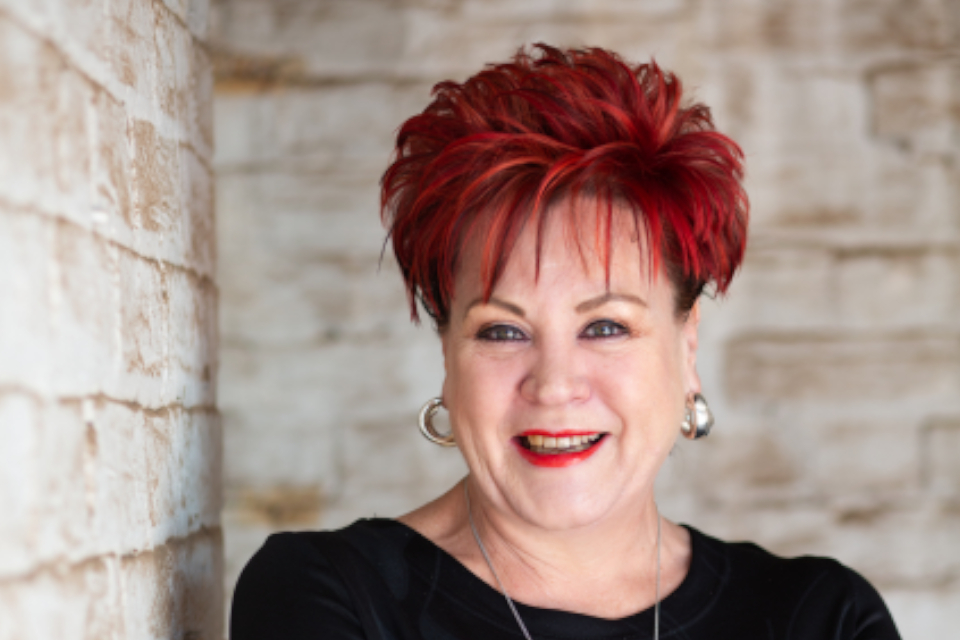What Happens to your Property when you die? Estate Planning essentials Every Homeowner Must Know
Top Takeaways:
- Without a will, your property may be inherited in ways you didn’t intend, potentially forcing family to sell the home.
- Using trusts or companies can safeguard assets and reduce tax, but they aren’t suited for everyone.
- Financial planning, insurance, and understanding estate costs are key to protecting loved ones from posthumous debt.
Introduction
They say the only certainties in life are death and taxes but for property owners, the two often collide. If you own a home or investment property, planning for what happens when you're no longer here is not just a financial issue, it's a deeply personal one.
Whether it's to ensure your spouse keeps the family home or to avoid leaving a tax burden behind, smart estate planning can spare your loved ones from unnecessary emotional and financial strain.
According to Renier Kriek, Managing Director of Sentinel Homes, it's not just about having a will, it's about understanding how your personal and financial circumstances influence what happens to your property when you die.
Structuring Your Estate: What to Consider
When planning your estate, two key factors come into play:
1. Ownership Structure
Avoiding direct ownership of property at the time of death is sometimes desirable especially for high-net-worth individuals or entrepreneurs at risk of creditor claims. This can be done by holding property in trusts or companies, which keeps the asset outside of your personal estate.
“The property held in a trust or company won’t be subject to estate duty or capital gains tax at death, nor can it be attached by creditors,” says Kriek.
However, Kriek cautions that this approach is not for everyone. “These structures involve higher costs and administrative responsibilities. They’re best suited for affluent individuals with minor dependents or people with significant estate exposure.”
2. Marital Regime
Your marriage contract plays a crucial role in how your estate is handled. Are you:
- Married in community of property?
- Married out of community of property with accrual?
- Or married without accrual?
Each of these arrangements determines how property is divided and what your surviving spouse is legally entitled to.
“Each marriage model affects the estate differently and must be carefully factored into the will,” says Kriek.
Why Having a Will is Non-Negotiable
If you die without a will, your estate is handled according to the Intestate Succession Act 81 of 1987. This means that:
- Your spouse may not automatically inherit the family home.
- Your children or extended family may have legal claims to your property.
- The process of winding up your estate could be delayed and contested.
“A well-structured will ensures that your property is distributed according to your wishes, not a rigid legal formula,” Kriek advises.
The Affordability Factor: Can Your Family Keep the Property?
Smart structuring won’t help if your surviving family can’t afford the costs associated with the property. Bond repayments, municipal rates, levies, trust fees, or company maintenance costs can become overwhelming especially if the main breadwinner passes away.
“It’s vital to plan for liquidity some form of cash or insurance must be available to cover ongoing expenses or repay debts,” Kriek notes.
Even with rental income or inherited assets, a property can become a liability if it isn’t supported by sound financial planning. Insurance policies, rental income, or cash reserves in the estate can protect dependents from being forced to sell the home.
Financial Advice Going Forward
Kriek’s advice is clear:
- Start your estate planning early, not when it's too late.
- Work with a licensed and regulated financial advisor to build a strategy that’s aligned with your assets, marital regime, and dependents.
- Consider setting up life insurance policies that will inject liquidity into your estate.
- Avoid overcomplicating your estate unnecessarily, more complex structures aren't always better.
“With the right planning, your property can remain a lasting legacy, not a financial burden,” says Kriek. “It’s about protecting what you’ve worked hard for and giving your loved ones security and peace of mind.”
Final Thoughts
Whether you own one property or a portfolio, estate planning is essential. Protect your family, preserve your assets, and plan smartly, because how you prepare today determines the future your loved ones will face tomorrow.












.avif)


.avif)

.avif)




.svg)






.avif)




















.avif)
